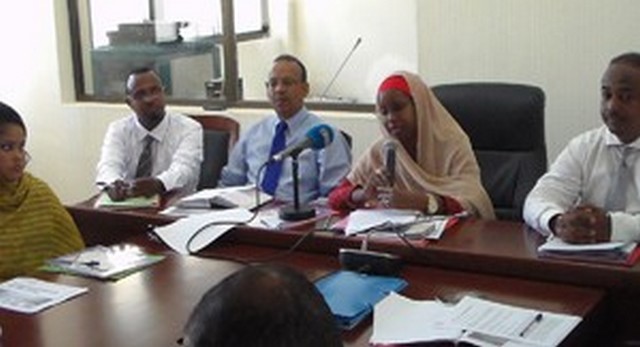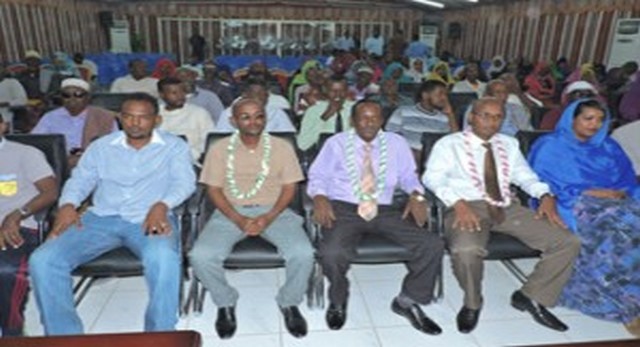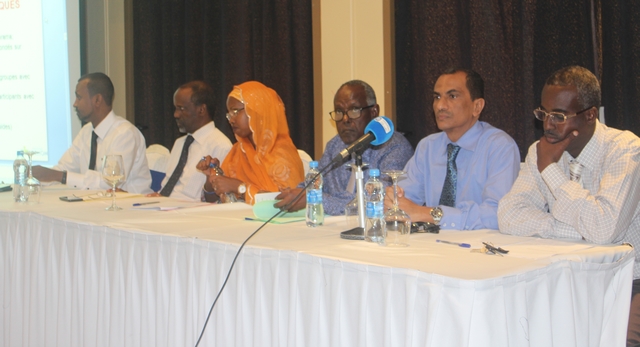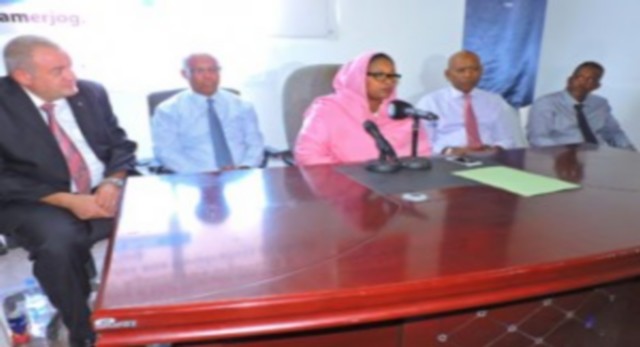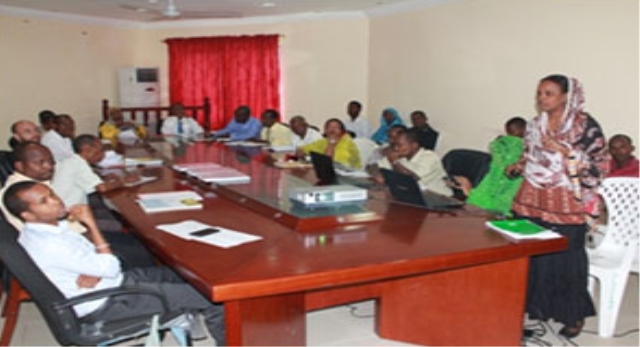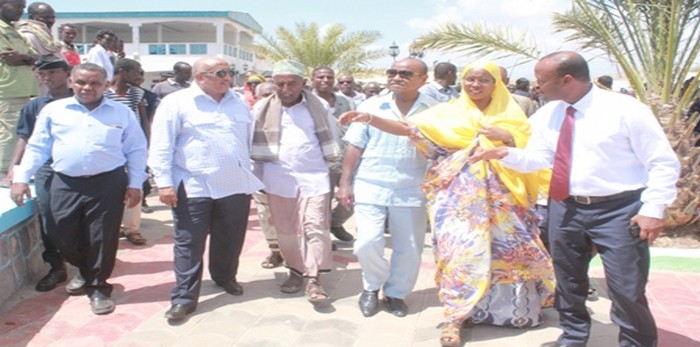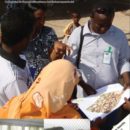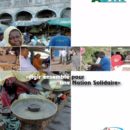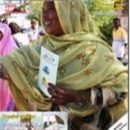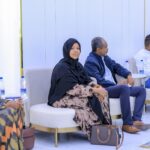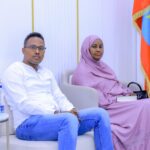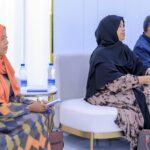After the Council of Ministers yesterday at the presidential palace, the head of state and members of his government have approved several draft decrees. The 15th meeting of the working week was mostly an opportunity for the Secretary of State for National Solidarity to defend the relevance and scope of programs of social safety nets and financial assistance to needy households and vulnerable students as its ministry implements the field.
As usual, the Council of Ministers was held yesterday at the presidential palace. The Head of State, Mr. Ismail Omar Guelleh, and members of his government have discussed the items on the agenda. They have adopted several draft decrees at the end of their discussions.
The 15th meeting of the working week was mostly an opportunity for the Secretary of State for National Solidarity to defend the relevance and scope of programs of social safety nets and financial assistance to needy households and vulnerable students before President, Prime Minister, ministers and secretaries of state, sat on either side of a large round table.
At the outset, Ms. Zahra Youssouf Kayad evoked the essence of social safety nets in supporting the purchasing power of the poor.
To do this, his pilot ministerial department, she said, the implementation of income generating activities in the field. These are usually public works intensive labor.
Such yards stonemasonry that are not only conducive to strengthening the resilience of residents during the summer but also promote the creation of day labor and the development of economic opportunities in the target areas. They are in urban or rural areas.
Moreover, the State Secretariat for National Solidarity there doing both social assistance initiatives in the fight against food insecurity.
And through the extension of the project for food stamps and food distribution that made this year to improve the standard of more than 11,232 households.
Figures to support the proposed food stamps covered in 2014 needs keeps more than 3,700 households from seven popular areas in the municipality of Balbala.
This number goes double for the food distribution program that has affected nearly 7532 needy families.
Another challenge: maintaining unconditional cash transfers is timely in the interior regions.
The reason is simple. As so aptly noted the Secretary of State for National Solidarity Council of Ministers yesterday, these transfers are real hot oxygen through which beneficiaries households can meet their basic needs.
Of equal importance is the continuation of the financial assistance program for vulnerable students from our inland regions (ASERI).
It aims to develop human capital. Since it consists of a package of social services such as support for restoration costs and transport, offering coupons and clothes, the acquisition of computers and the provision of a monthly scholarship.
This multifaceted assistance has targeted 411 students during the 2013-2014 academic year. This is to ensure its promoters through this empowerment and social care students from all parts of the interior, improved quality of university life and performance enhancement of those concerned so that they can better succeed in higher education.
In the realm of nutrition, the Secretary of State for National Solidarity and its armed wing, the Djibouti Social Development Agency (ADDS) are not far behind.
Witness the project to strengthen the human capital ADDS performed in 2014 specifically, the client representative has provided assistance to children under 5 years and pregnant women in urban and rural areas.
This assistance focuses on promoting a varied diet of healthy nutrition practices in family units, the use and access of poor households to health services.
The whole meets the need of the government to strengthen social cohesion throughout the country.
Best, these welfare programs are an illustration of a desire for social justice that aims to qualitative change in the lives of our compatriots face the pangs of poverty.

